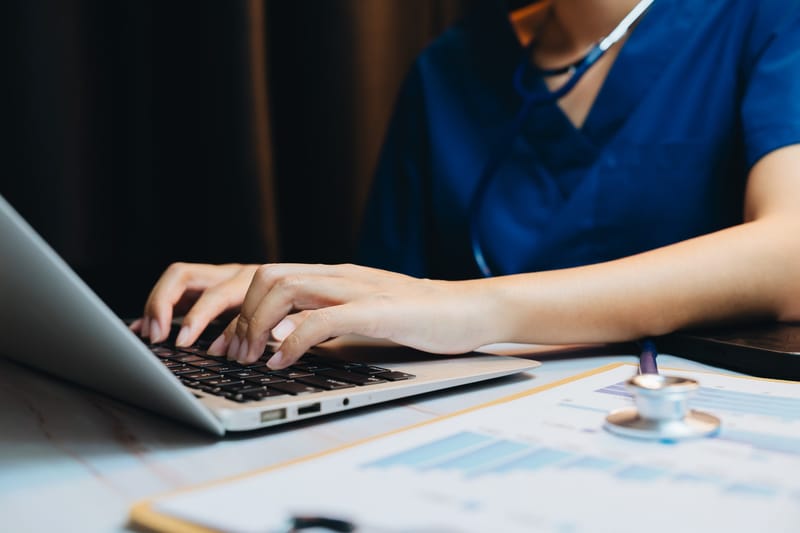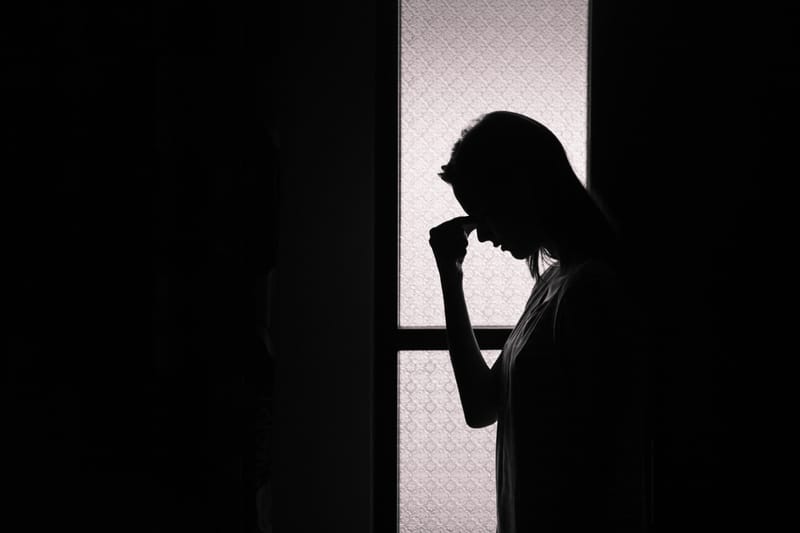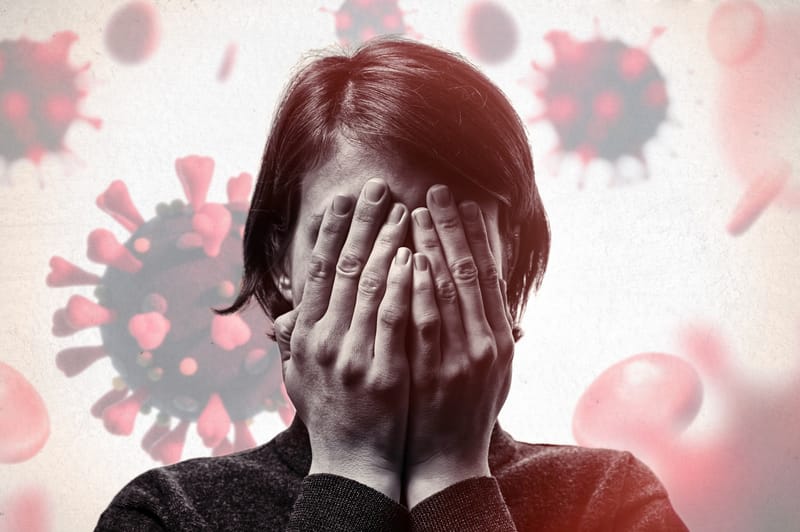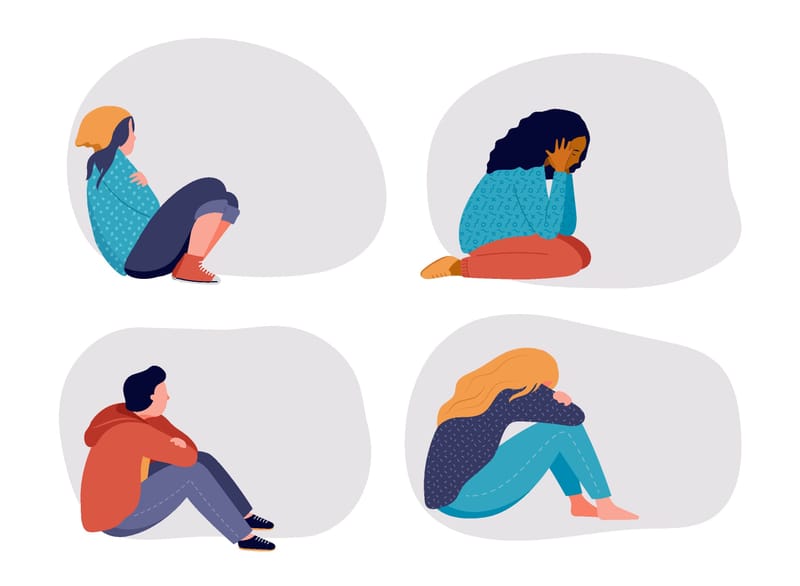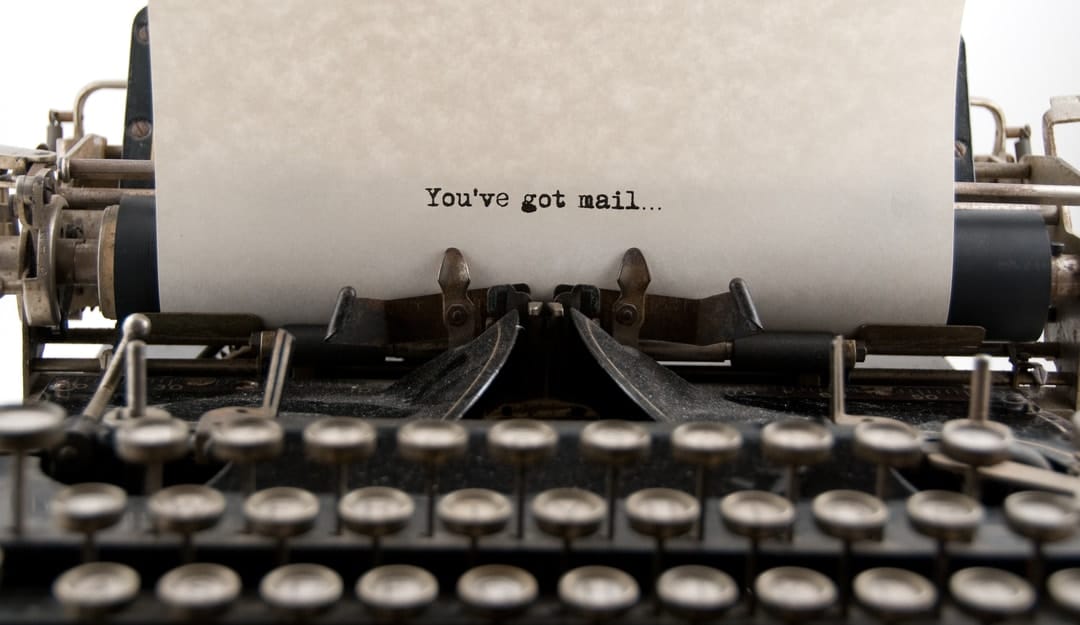
Dear Melbourne,
It’s not often you look across the ditch to your little cuzzie for advice – in fact, many, such as Adam Creighton, writing for The Australian, think looking to New Zealand for advice means great strife.
But we love you, Melbourne, and want the best for you – we want to be bubble buddies!
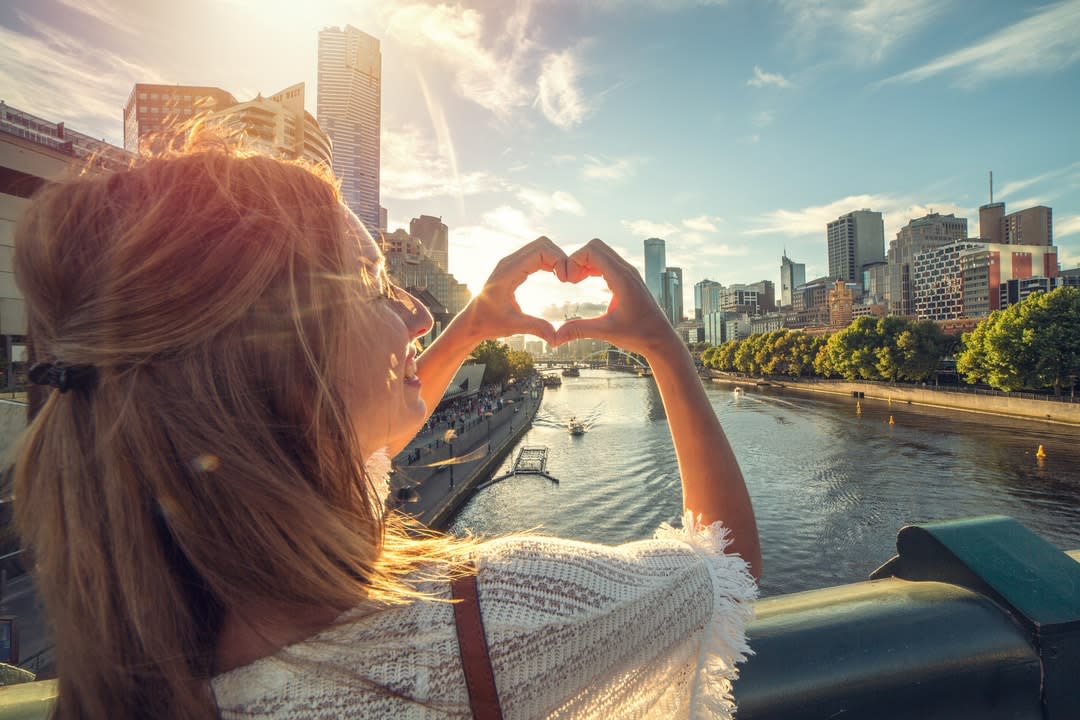
Maybe taking advice does lead to strife, but maybe it doesn’t. Assuming the latter, what advice can New Zealand give? We did, after all, spend 33 days at level four lockdown – and we had a 24/7 curfew. We couldn’t even get takeaway food!
Read more: It makes sense to plan for more remote learning
We know it’s tough – and it’s tougher for some than others. Home-schooling is tough. Living with people you don’t necessarily like, let alone love, is tough. Not being able to visit family and friends and provide needed care and support is tough. Losing your job is tough.
Read more: How COVID-19 is affecting us
But as New Zealand nears 100 days with no community transmission, and with the freedom to share our air and spit in a mosh pit, we’ve learnt some things.
So maybe instead of advice, we could share what we (well, some of us) have learnt.
The economy isn’t about profit margins and sales data
The economy is about people. In a COVID-free space, people return to shops and cafes, and they explore their own backyard.
The economy has taken a big hit, and people have lost their jobs – and will continue to do so. It’s predicted that NZ’s unemployment rate will rise to 9% by the end of 2020.
This isn't welcome news, but consider that Sweden, which prioritised jobs and the economy, already has an unemployment rate of 10%.
People can’t work well if they’re sick, caring for the sick, or afraid of getting sick.
And a COVID-free nation offers opportunities.
Once quarantine is sorted, such countries become attractive spaces for international students who might forgo a virtual Ivy League education for a face-to-face one; big-budget film producers and sporting events organisers see the value of a COVID-free environment, and will pay top dollar.
The economy will take a hit, but every life lost in its name will hit it harder.
Human rights are the rights of us all, together
The simple act of wearing a mask is a small sacrifice to protect another person. To get through COVID-19, we must think of others.
Often, the most outspoken critics of lockdown measures are those healthy and wealthy enough to avoid the worst impacts of COVID-19. President Trump’s comment that the US death toll "is what it is" speaks precisely to this privilege.
New Zealand learnt many lessons – a healthy society underpins a functioning economy; teamwork makes the dream work; and kindness and compassion should drive action.
Nations that work as a team, not as individuals, fare the best.
The Australian Diamonds netballers didn’t beat the Silver Ferns by playing as individuals; they beat them by working together.
Be kind to one another
In her protest against lockdown measures, economics professor Gigi Foster (University of New South Wales) talks about COVID-19 in terms of a war fought by soldiers. If you view something through the lens of war, you engage people as enemies.
In New Zealand, the framing was different. Talk was about overcoming COVID-19 with kindness and compassion.
When anthropologist Margaret Mead was asked to define civilisation, she didn’t define it through reference to battles won, lands conquered, or enemies destroyed. She said the hallmark of civilisation was a healed thigh bone – a person can only survive such an injury with the care, kindness and compassion of others.
We're still learning
New Zealand learnt many lessons – a healthy society underpins a functioning economy; teamwork makes the dream work; and kindness and compassion should drive action.
Other lessons were learnt, but have been seemingly forgotten – homelessness was eradicated, but has now returned; wage subsidies made life bearable, but they will soon end.
Read more: The COVID-19 pandemic opens the door to solving the homelessness problem
And many other lessons are still to be learnt – persistent systemic racism denies social justice; domestic violence is never OK.
Read more: Fear of family violence spike as COVID-19 impact hits households
The final lesson we learnt? Stay strong
It'll be a tough few weeks, Melbourne.
But look out for each other, think of each other, and you'll get you through this.
Melbourne is one of the world’s most liveable cities.
Short-term pain for long term gain – a trite but true expression.
By spring, with its warm weather and blossoms, hugging a stranger might just be OK.
Community transmission will likely come back to NZ, but it's learnt valuable lessons.
As Laura Bear, a professor at the London School of Economics who has been following NZ’s experience, emphasises: The last thing to go, and the first thing to resume, must be social relations.
Kia kaha (Stay strong), Melbourne
Love, your cuzzie from across the ditch, Aotearoa/New Zealand
(A Kwozzie in Auckland awaiting a flight)


